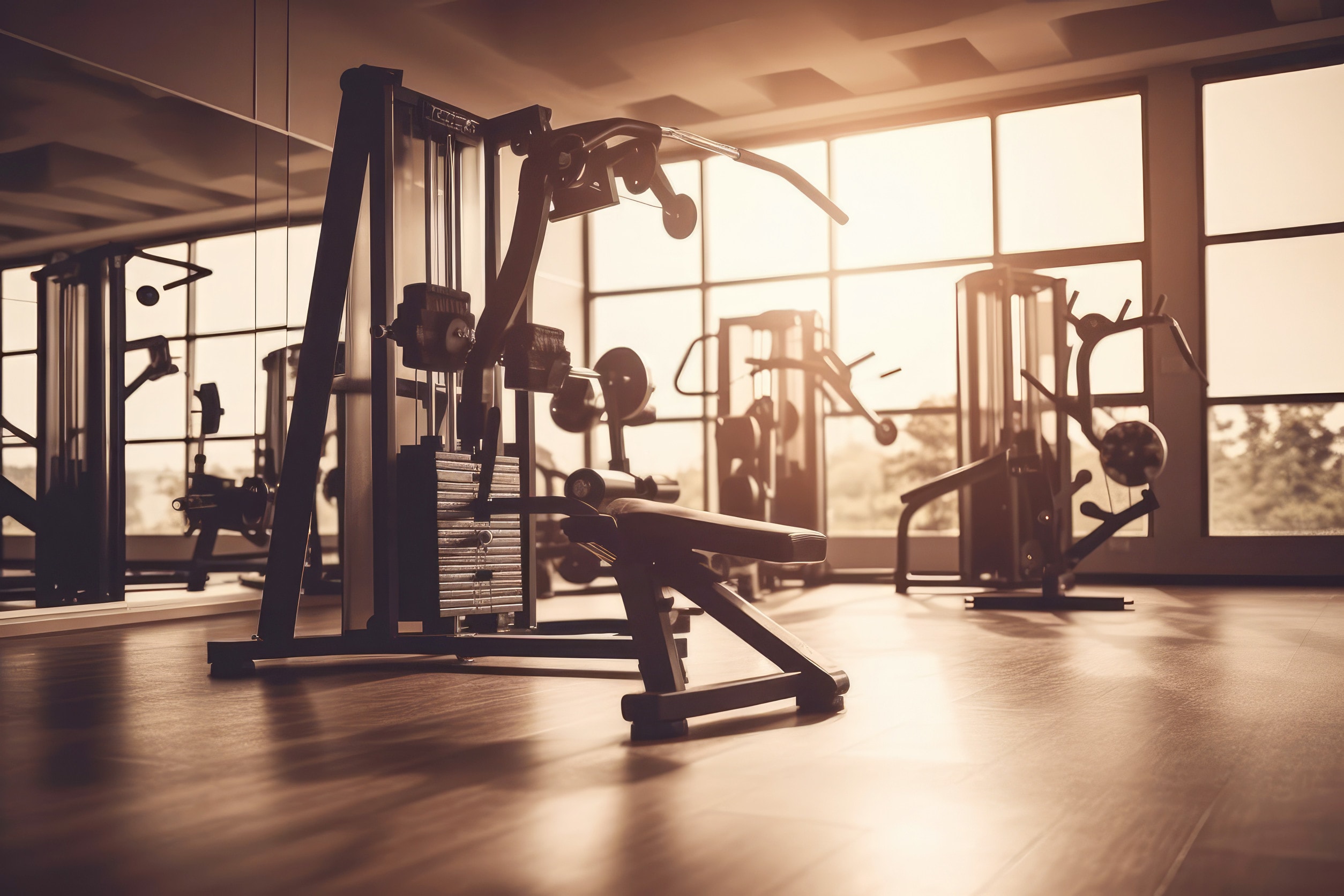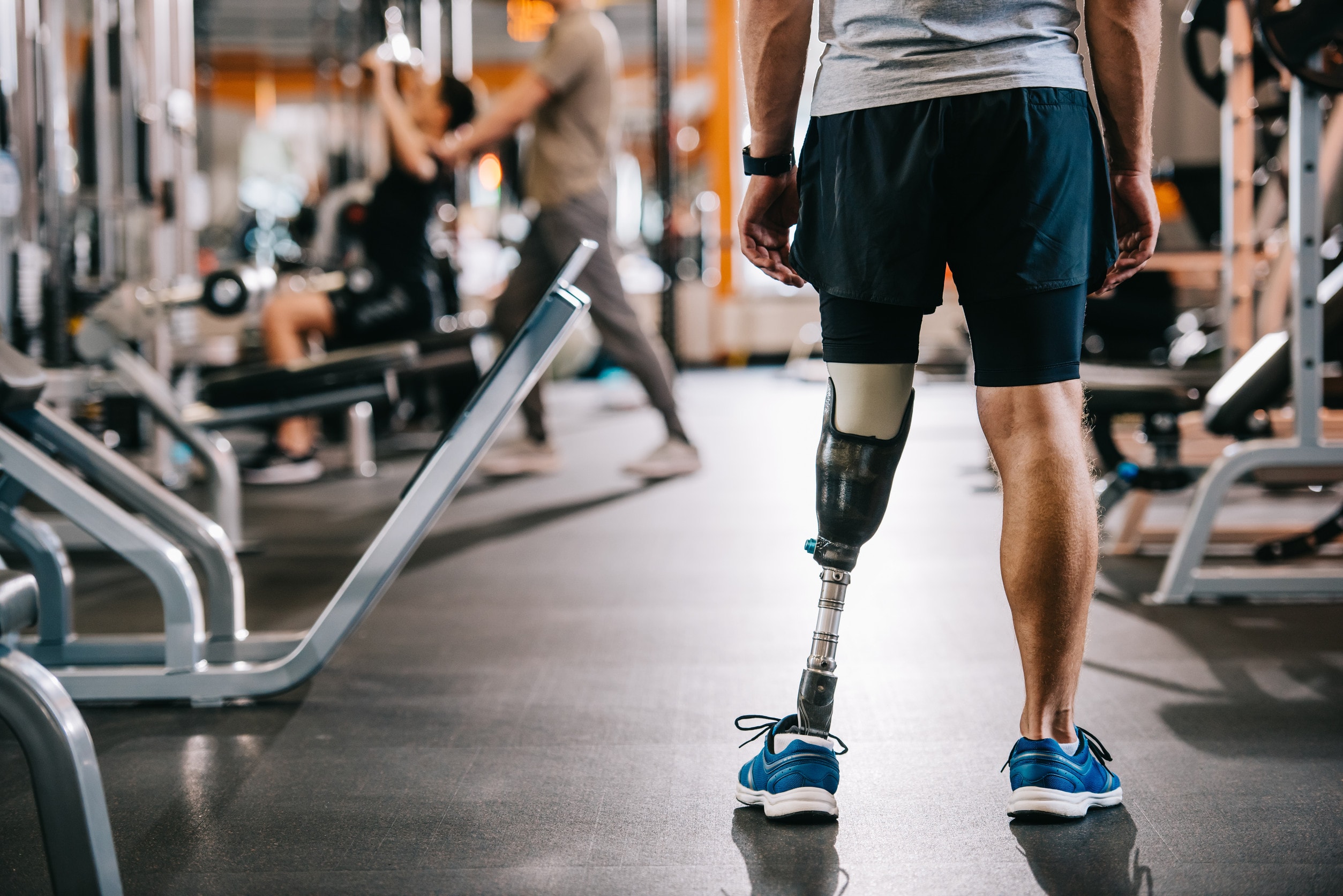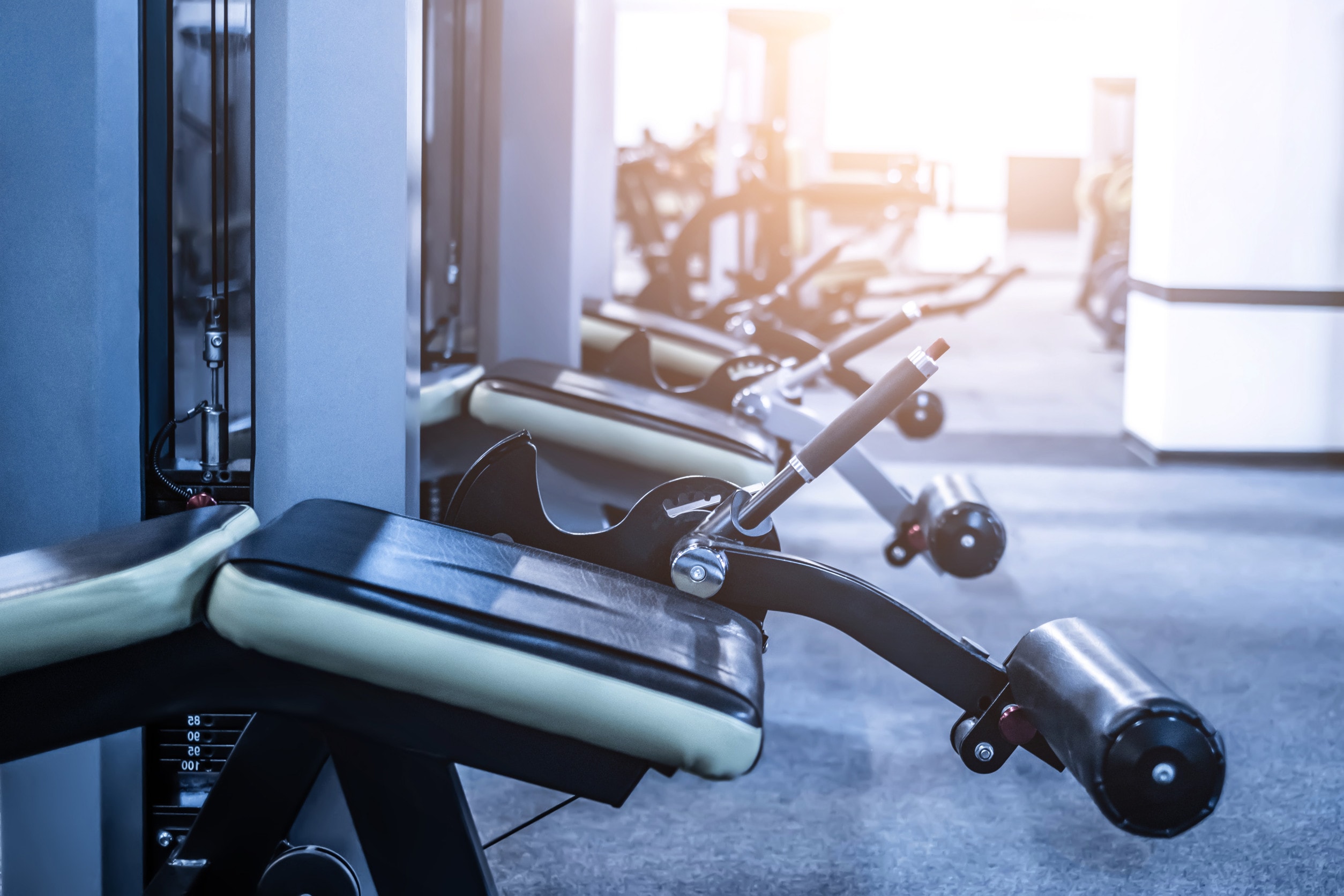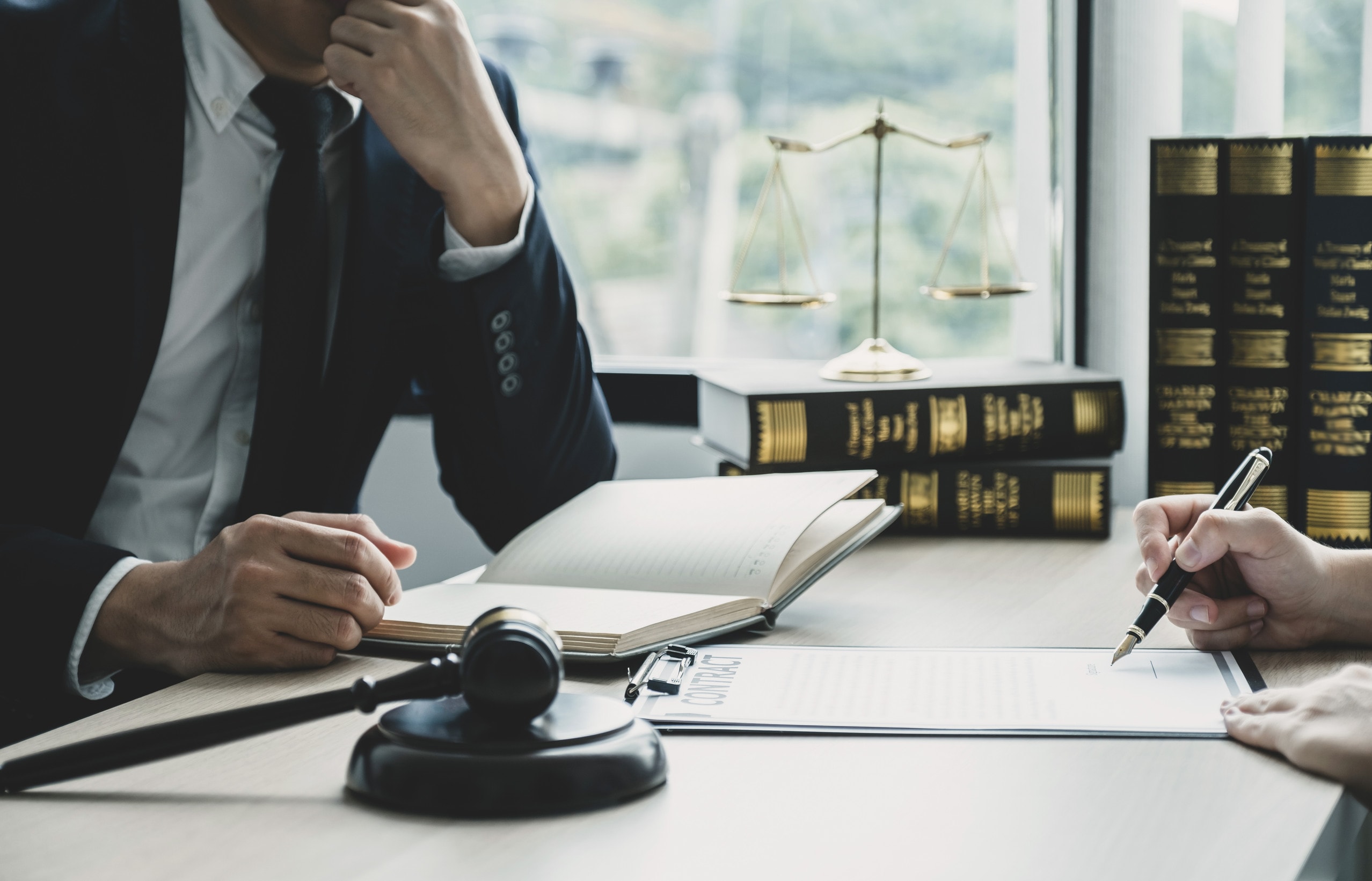How To Make A Gym Injury Claim
If you’ve been injured in a gym, you could experience significant pain and be unable to attend the gym again as you once did. If so, we can help. Keep reading to find out if you could be eligible to make a gym injury claim.
Key Takeaways In Gym Accident Claims
- To make a public liability claim, you need to prove that negligence occurred
- Compensation could be awarded for your injuries as well as related financial losses
- You have three years from the date of your injury to make a claim
- A solicitor could potentially help you claim on a No Win No Fee basis
To find out if you could claim:
- Call us on 020 3870 4868
- Start your claim online
- Use the live chat feature
Select A Section
- Who Can Claim For An Accident In A Gym Or Leisure Centre?
- How Could An Accident In A Gym Or Leisure Centre Happen?
- Common Kinds Of Gym Injuries
- What Evidence Is Needed To Prove A Gym Injury Claim?
- Time Limits For Personal Injury Claims
- How Much Compensation Could I Get For A Gym Injury Claim?
- Do I Need A Solicitor To Pursue Compensation?
- More Information
Who Can Claim For An Accident In A Gym Or Leisure Centre?
So, who is eligible to make a claim for an accident in a public place? Establishing negligence is the first step in knowing whether or not you could claim compensation. In personal injury law, negligence means that:
- You were owed a duty of care
- This duty was breached
- You were injured as a result
For example, if you were using a machine incorrectly and dislocated your shoulder, you would be unlikely to have a valid claim. This is because negligence has not occurred. We’ll give more in-depth examples of negligence later in this guide.
Who Is Responsible For Your Safety In A Gym Or Leisure Centre?
When you’re at a gym or leisure centre, the person in control of that space owes you a duty of care. This is legislated in the Occupiers’ Liability Act 1957 (OLA), which states that whoever controls a public space needs to ensure that visitors are reasonably safe. For example, they should perform regular risk assessments and maintain public equipment and machinery, such as gym equipment.
What If I Signed A Disclaimer Or A Waiver?
Waivers and disclaimers are common at gyms, and many require clients to sign one when you purchase a membership. However, signing a waiver doesn’t take away your right to make a claim. As long as you can prove that negligence occurred, a waiver should not affect your entitlement to compensation.
Keep reading to learn more about making a gym injury claim, or contact our team today to find out if you are eligible for compensation.
How Could An Accident In A Gym Or Leisure Centre Happen?
There are many ways that negligence can occur in a gym or leisure centre. For example, you may be able to pursue compensation if:
- Management knew that an elliptical machine was broken, but did not signpost this and allowed patrons to continue using it. The broken pedal caused you to fall while using it, and suffer a head injury.
- During a routine check-up, a maintenance worker warned management that a weight-pulling machine was not fit for purpose. Management allowed it to stay in use instead of following their advice and taking it off the floor. This caused the wire to snap, causing a significant eye injury.
- A cleaner reports to management that there is a large spillage on the gym floor, but it is not signposted or cleaned up. As a result, you slip and suffer a hip injury.
If you’re still not sure whether or not you could make a claim, contact our team today.
Common Kinds Of Gym Injuries
There are many kinds of injuries that you could suffer in a gym, including:
- Broken bones, including a broken toe, broken wrist, or broken collarbone
- Achilles tendon injuries
- Neck injuries and back injuries
- Loss of sight injuries, include damage to the eyes or eye socket
- Foot injuries
Keep reading to learn how to prove your gym injury claim, or get in touch today to learn more.
What Evidence Is Needed To Prove A Gym Injury Claim?
An important step in the gym injury claims process is proving that negligence occurred. To do this, you can collect evidence such as:
- CCTV footage of the accident or of the circumstances that caused it
- Pictures of your injuries or the accident site
- Medical reports from a GP or an independent medical examination
- Logs from the gym’s accident book
- The contact details of anyone who witnessed your accident
We understand that this can seem daunting, but you don’t need to do it alone. To find out how a solicitor from our expert panel could help you prove fault in your claim, contact our team today.
Time Limits For Personal Injury Claims
In order to have a valid claim, you need to start proceedings within the time limit. This is generally three years from the date of your accident, as per the Limitation Act 1980. However, this rule does come with some exceptions.
For example, minors under eighteen cannot claim for themselves. Because of this, they can either wait until they turn eighteen and make their claim before they turn twenty-one, or a litigation friend can claim on their behalf.
For those who lack the needed mental capacity to claim for themselves, the time limit does not apply. Instead, a litigation friend can make a claim for them at any time. If they recover the capacity needed to make a gym injury claim, they’ll have three years from the date of their recovery.
To find out if you are within the time limit to claim, contact our team today.
How Much Compensation Could I Get For A Gym Injury Claim?
One of the most common questions we receive is, “How much compensation could I get?” Unfortunately, this question can be quite hard to answer. Every compensation payout is unique and depends on several factors that can differ from case to case.
However, all successful claimants receive general damages. This is the first of two potential heads of claim, and it covers the physical and mental injuries you sustained as a result of the accident.
When this head of claim is calculated, reference can be made to the Judicial College Guidelines (JCG), a document that lists injuries besides guideline compensation brackets. Take a look at the table below to learn more about these brackets, but please note that these are not guaranteed, and the top entry has not been taken from the JCG.
| Injury | Compensation Bracket |
|---|---|
| Multiple Serious Injuries And Special Damages, Including Lost Earnings | Up to £1,000,000+ |
| Moderately Severe Brain Damage | £267,340 to £344,150 |
| Moderate Brain Damage (i) | £183,190 to £267,340 |
| Severe Back Injuries (iii) | £47,320 to £85,100 |
| Moderate Back Injuries (i) | £33,880 to £47,320 |
| Total Loss of One Eye | £66,920 to £80,210 |
| Complete Loss of Sight in One Eye | £60,130 to £66,920 |
| Severe (iii) Neck Injuries | £55,500 to £68,330 |
| Moderate (i) Neck Injuries | £30,500 to £46,970 |
| Chest Injuries (c) | £38,210 to £66,920 |
Special Damages In Public Liability Claims
The second head of claim that you could potentially receive is called special damages. This covers the financial impacts of your injuries and can help you cover costs such as:
- Lost earnings
- Travel to and from hospital appointments
- Childcare
- Home adjustments
- Mobility aids
- Prescriptions
- Medical bills
Not everyone is eligible for special damages, and you need to be able to prove your financial losses to claim them back. Evidence you could present to claim special damages include bank statements, invoices and payslips.
Contact our friendly team today to learn more, or keep reading to find out how a solicitor from our panel could help you make a gym injury claim.
Do I Need A Solicitor To Pursue Compensation?
While you don’t need a solicitor to make a claim, we always highly recommend seeking legal advice. This is because the claims process can be complex, especially for those with no prior legal knowledge, and you might not know where to start.
Our expert panel have years of combined experience in personal injury law and have taken on countless public liability compensation claims. They can use this experience to guide you through the claims process, explaining complex legal jargon as you go and making sure you are kept updated through every step.
A solicitor can help you prove your claim by gathering evidence and contacting witnesses and can even arrange for you to undergo an independent medical assessment at your earliest convenience. Plus, a solicitor from our expert panel can do all this under the terms of a No Win No Fee agreement.
What Is A No Win No Fee Agreement?
When you work with a solicitor under a No Win No Fee agreement, you can access their services without having to pay them an upfront fee or a retention bill. Our panel works under the terms of a No Win No Fee arrangement called a Conditional Fee Agreement (CFA), which means that:
- You don’t pay any upfront service fees
- You don’t pay for their ongoing work
- There’s nothing to pay for their completed services if the claim fails
- You only pay a success fee if your solicitor helps you make a successful claim
In this case, your solicitor will take a small fee for their work. This success fee’s percentage is capped by law, which helps ensure that you keep the majority of your compensation.
Contact Us
To find out if a solicitor from our panel could help you make a No Win No Fee gym injury claim:
- Call us on 020 3870 4868
- Start your claim online
- Use the live chat feature
More Information
For more helpful guides:
- Learn how to claim food poisoning compensation
- Find out how to make a claim for a broken ankle
- Get help claiming for an injury in a graveyard
Or, for further resources:
- Get information from the Government on Statutory Sick Pay (SSP)
- Learn more about broken bones from the NHS
- Find out how to request CCTV footage of yourself
Thank you for reading our guide on how to make a gym injury claim.







